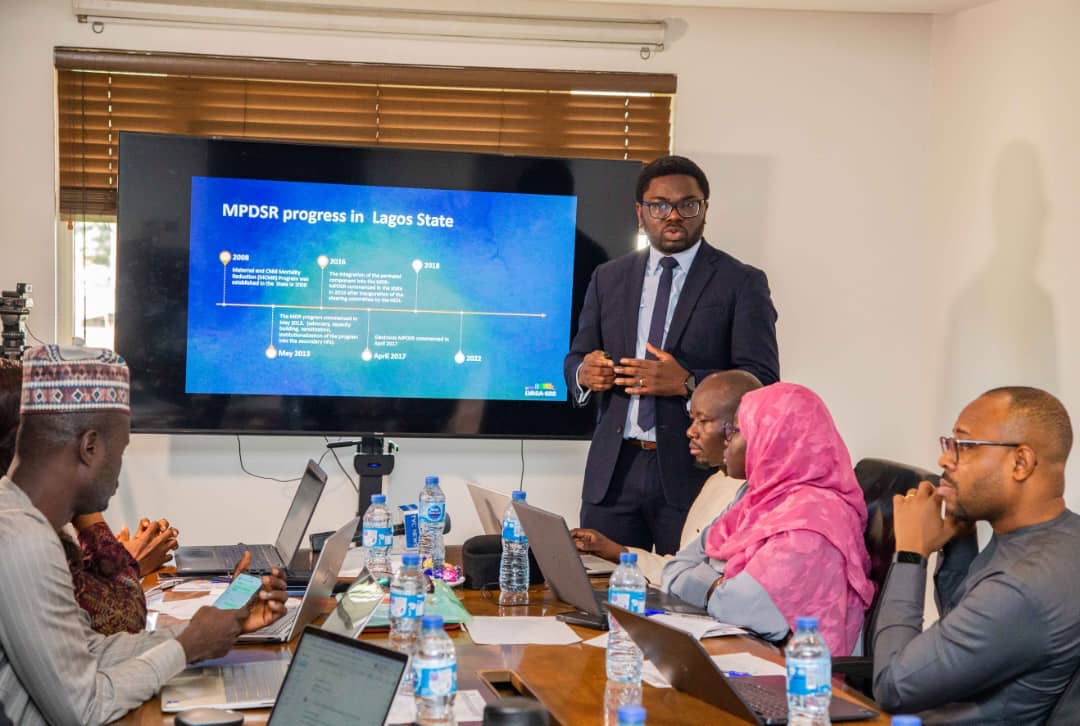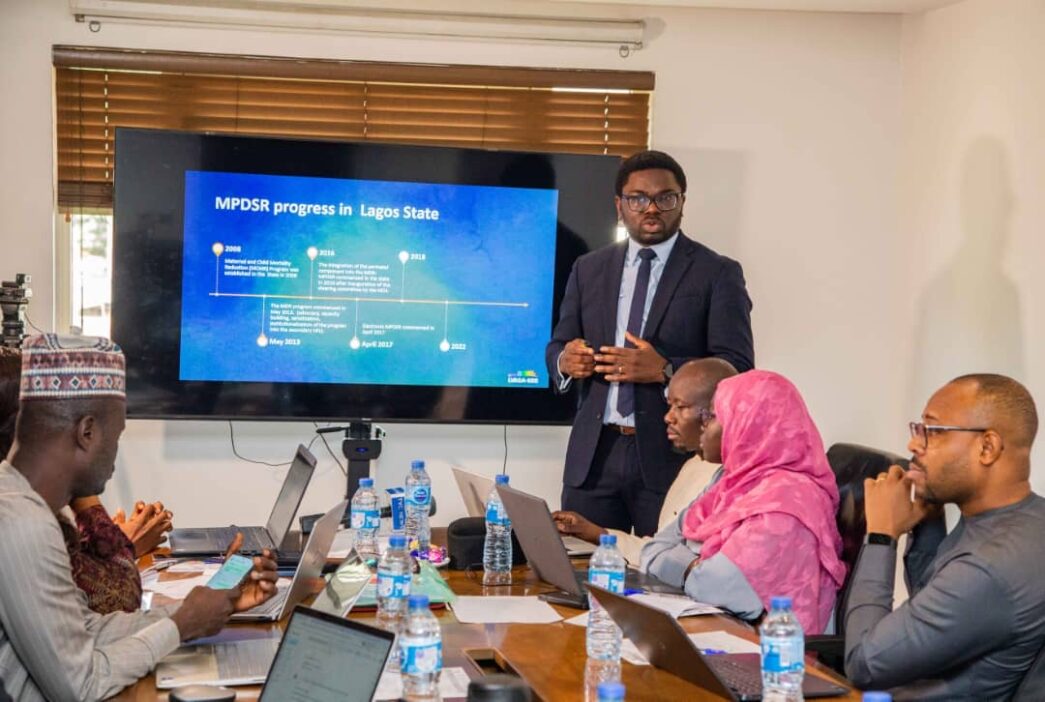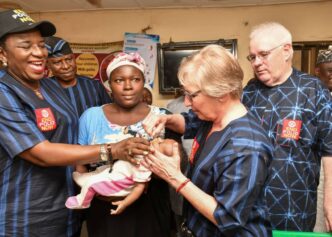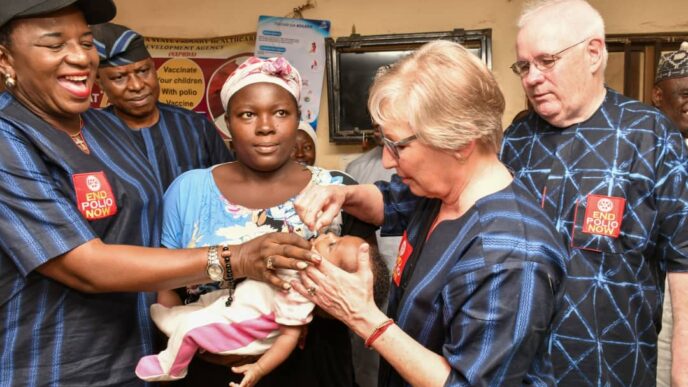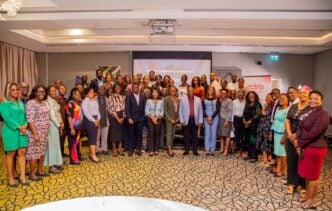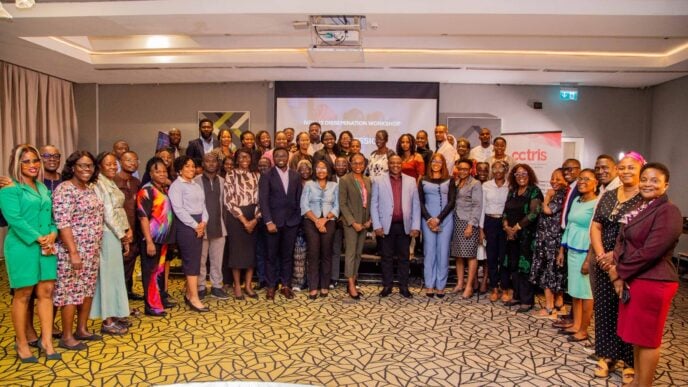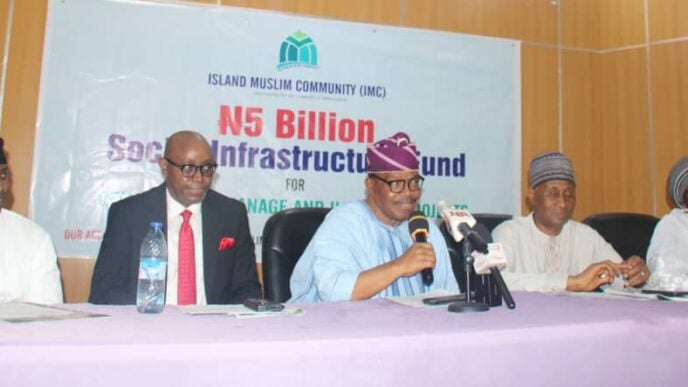Some healthcare experts say reliable data from communities can help curb high maternal mortality and stillbirth rates, saying it would help policymakers plan interventional programmes.
The experts disclosed this on Friday during a meeting of the Lagos State Verbal and Social Autopsy Sample Registration System of Maternal Deaths and Stillbirths as Impact Prototype (LVASA-SRS) project.
Aduragbemi Banke-Thomas, co-principal investigator and strategy lead for LVASA-SRS, said the project is aimed at generating reliable estimates for maternal deaths and stillbirths in Lagos and at determining the social, cultural, and health system factors that contribute to these deaths.
Banke-Thomas, an associate professor at the London School of Hygiene and Tropical Medicine, said LVASA-SRS is a learning project, and the key thing is to capture lessons and share them later.
Advertisement
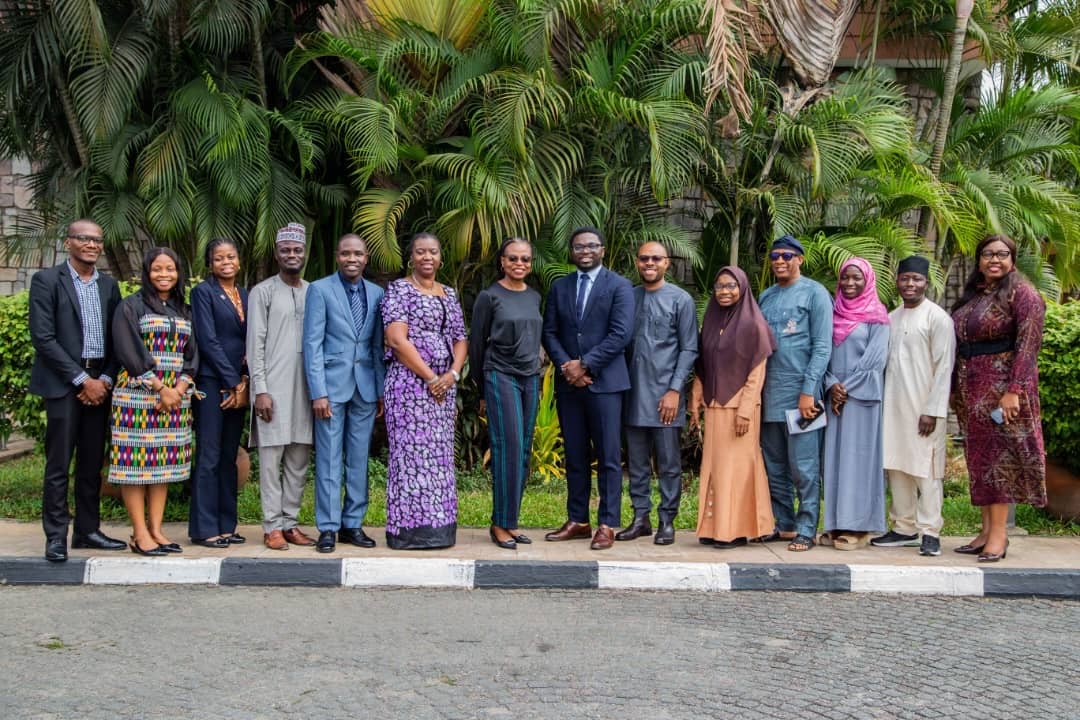
“We are trying to get a precise estimate of maternal mortality and stillbirth rates in Lagos and have a proper understanding of the causes. Over the past few days, we’ve sat down to unpack the data that we’ve captured in the past one year as a scientific community and then plan how we want to share the results with policymakers to ensure actionable interventions will come of it,” Banke-Thomas said.
“We’ve been able to bring together the best researchers and scientists within the state to develop a sustainable and functional system that the Lagos state government can take forward so that we can have a routine system of capturing maternal mortality stillbirth rate going forward.
“The Lagos state government has made a lot of efforts in addressing maternal mortality, reduction and intervention. But to move things forward, you have to understand the precise estimates.”
Advertisement
Donald Imosemi, chairman of the Lagos state steering committee on Maternal, Perinatal, and Child Death Surveillance and Response (MPDSR), said the government collaborated with researchers on the project to improve maternal healthcare delivery in the state.

“The strength of the health system in any state is measured by how well that country does in its care of the mother and children. They are a very vulnerable population. So, Lagos state continues to adopt the best methods, including research, in trying to ensure that our figures are very good. We are doing well generally,” Imosemi said.
“You are aware that Lagos has been ranked 8th in Africa in terms of the quality of healthcare delivery. But we are not resting on our oars. We want to rank higher. That’s why we have a number of measures and activities in place to ensure that we do not sleep.
“Specifically, with respect to this programme, it is premature to give specifics. What we expect is that by the end of the day, by the time we unbundle all the statistics here and we accurately get the leading causes of maternal mortality and stillbirth, which this index study will provide, we should be able to give all the actionable interventions based on accurate data. We want to get the government to know where to channel its resources to get the best outcome and change the narrative.
Advertisement
“The effort has been ongoing for years. We’re getting better. That’s why the state has collaborated with this team of researchers to get accurate data to work on and establish the rate more accurately so that we can have evidence-based intervention.
“In collaboration with the private sector, it’s going to be robust. The private sector in Lagos state contributes up to 60 per cent of healthcare delivery in Lagos state. We take it step by step. If we get it right at the community health level, there’s going to be improvement in our health services. We are focusing on the community health space for now.”
The project team includes academics and researchers from the Lagos University Teaching Hospital (LUTH), Lagos State University Teaching Hospital (LASUTH), as well as government officials in the Lagos State Ministry of Health (LSMOH), the Ministry of Innovation Science and Technology (MIST), the Lagos State Primary Health Care Board (PHCB), and the Maternal and Perinatal Death Surveillance and Response (MPDSR) committee.
The meeting was facilitated with support from the African Population and Health Research Center (APHRC) and the London School of Hygiene and Tropical Medicine (LSHTM).
Advertisement
Add a comment
